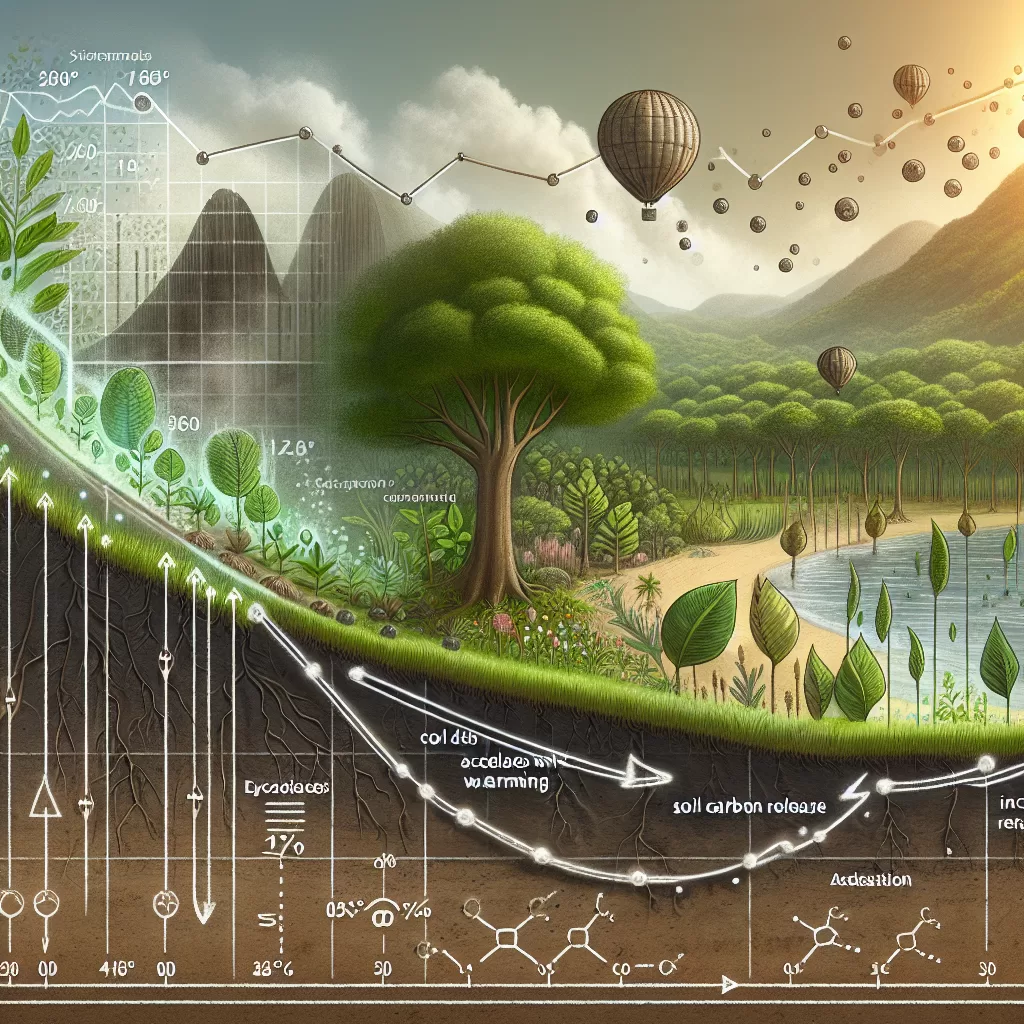Soils act as a massive carbon sink, storing more organic carbon than the atmosphere and terrestrial vegetation combined. However, this natural buffer could backfire if temperature and drought thresholds are crossed. The tropical soils studied showed a 200% increase in carbon dioxide emissions compared to temperate regions under the same warming scenarios.
Policy experts warn that these soil dynamics undermine existing climate models and emissions targets. “We’re likely underestimating the true climate impacts,” states professor Jane Karr. “Protecting carbon-rich ecosystems like forests and peatlands is critical to avoid triggering climate tipping points.”
The study’s innovative methodology, combining field experiments with spectroscopic carbon tracking, provides unprecedented insights into this complex environmental process. As the global thermostat continues rising, monitoring soil carbon fluxes emerges as a crucial priority for climate mitigation strategies.

